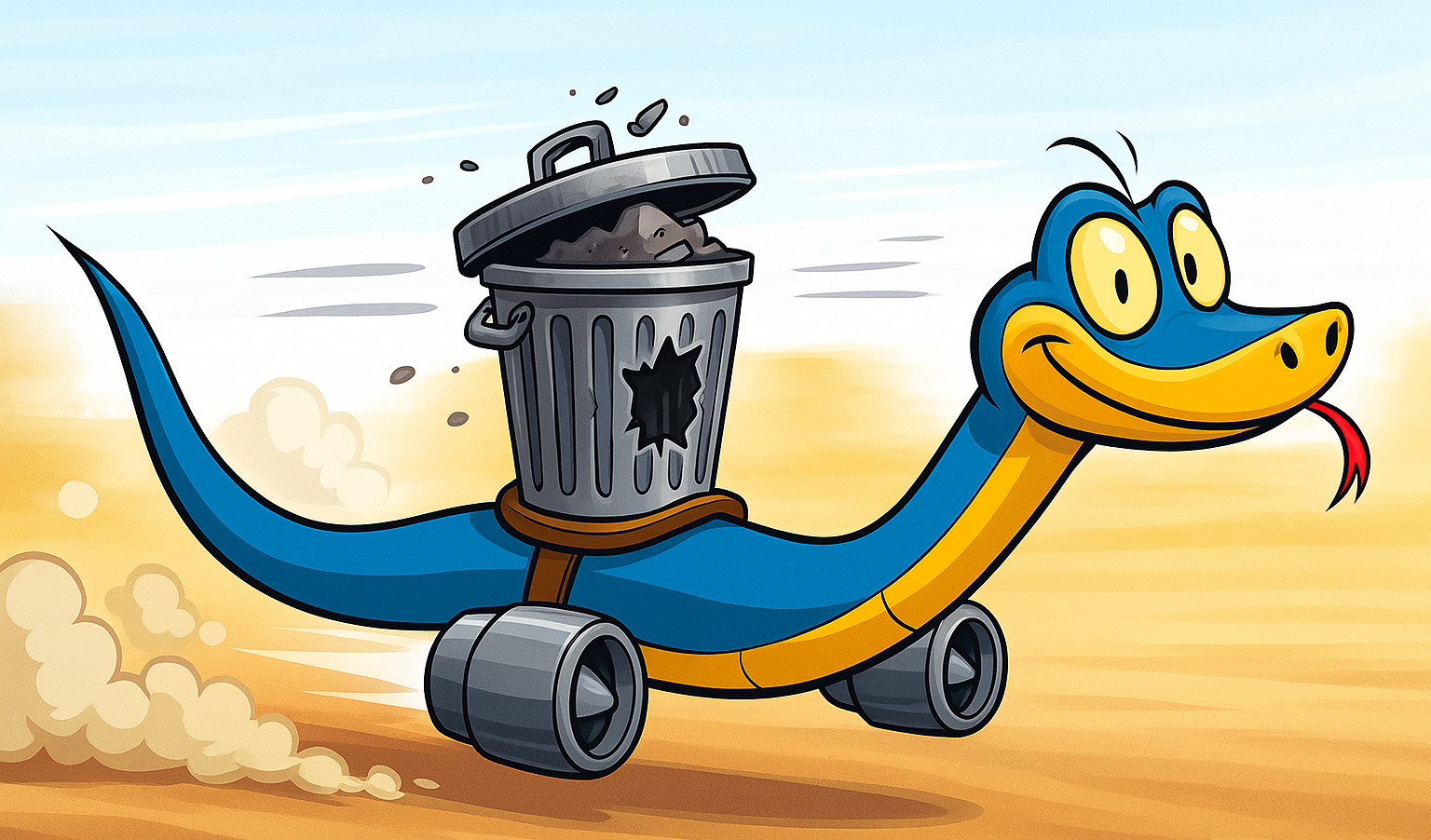
"Introduction The upcoming Python 3.14 release is packed with exciting features and improvements. A release candidate for 3.14 is now available. Regular Python users are encouraged to download and try it to ensure it is well tested before the final release. It contains significant improvements to the free-threaded version of Python, which allows Python to run without the Global Interpreter Lock (GIL). Here at Quansight, I have implemented several optimizations to the garbage collector (GC) for this new Python build."
"The Free-Threaded GC: The new free-threaded GC takes a different approach. It scraps the PyGC_Head structure and the linked list entirely. Instead, it allocates these objects from a special memory heap managed by the "mimalloc" library. This allows the GC to find and iterate over all collectible objects using mimalloc's data structures, without needing to link them together manually. This design choice has trade-offs."
The Python 3.14 free-threaded build replaces per-object PyGC_Head headers and doubly-linked per-interpreter GC lists with allocation of GC-supporting objects from a mimalloc-managed heap. The mimalloc-based approach allows the garbage collector to locate and iterate collectible objects via allocator data structures rather than linked lists. Object creation and destruction become faster because linking and unlinking overhead are eliminated and linked-list iteration inefficiencies are avoided on modern hardware. The free-threaded GC does require additional working memory and different iteration mechanisms to compensate for the lack of explicit links. Several targeted GC optimizations in the 3.14 release candidate yield substantial performance improvements.
Read at Quansight
Unable to calculate read time
Collection
[
|
...
]